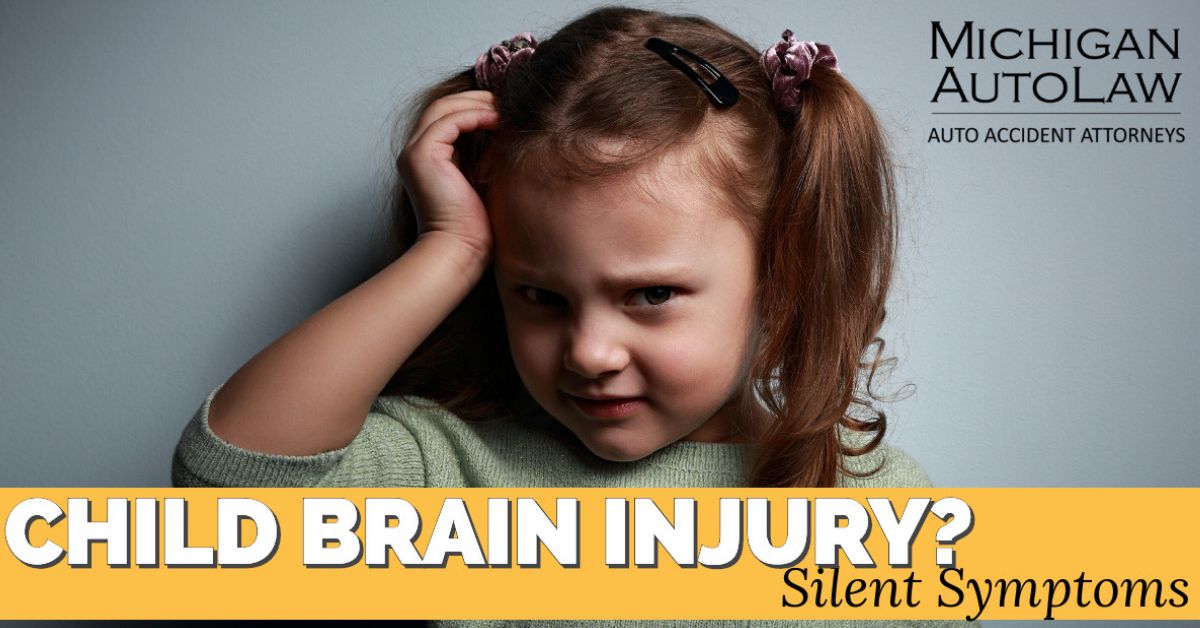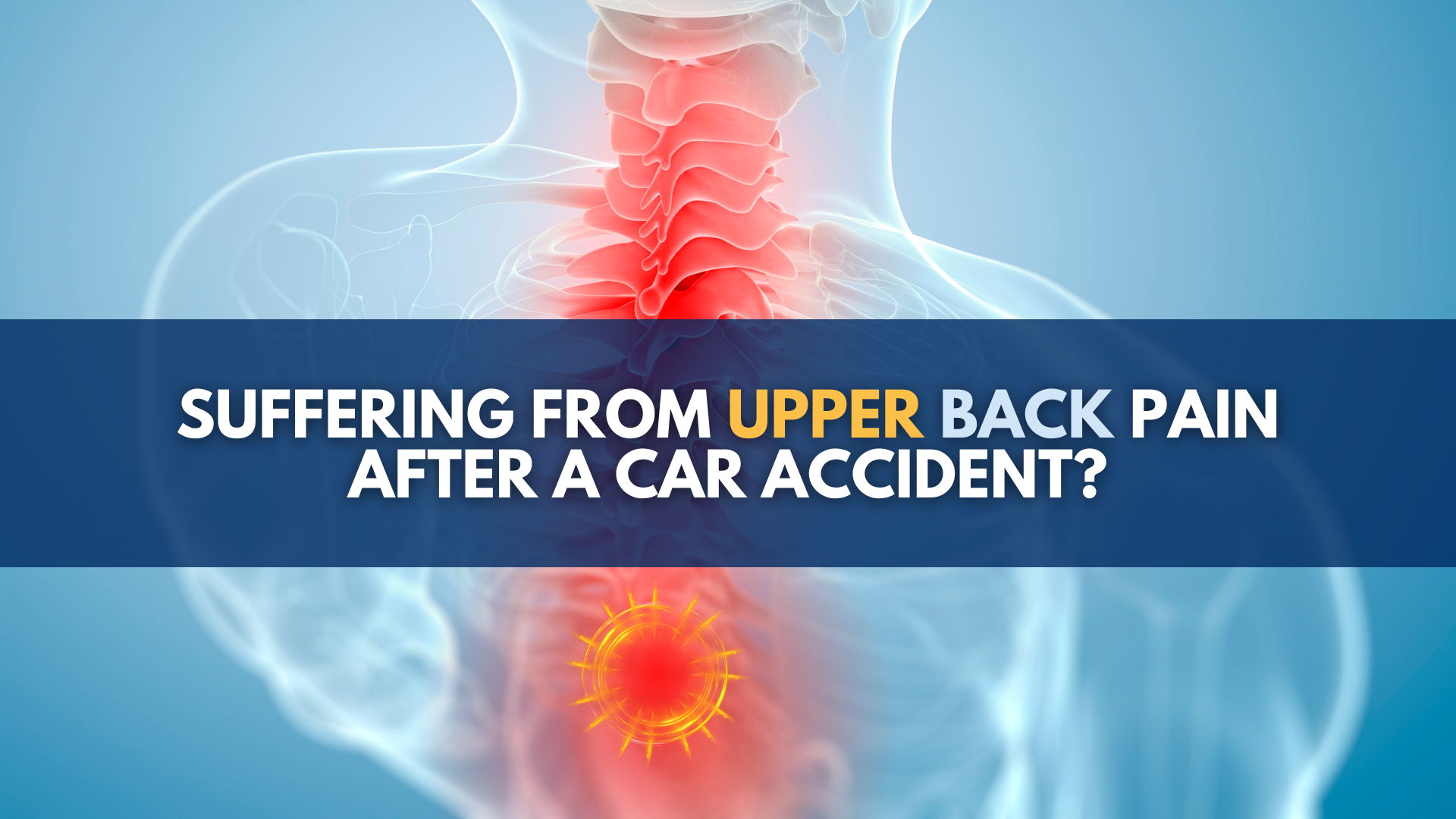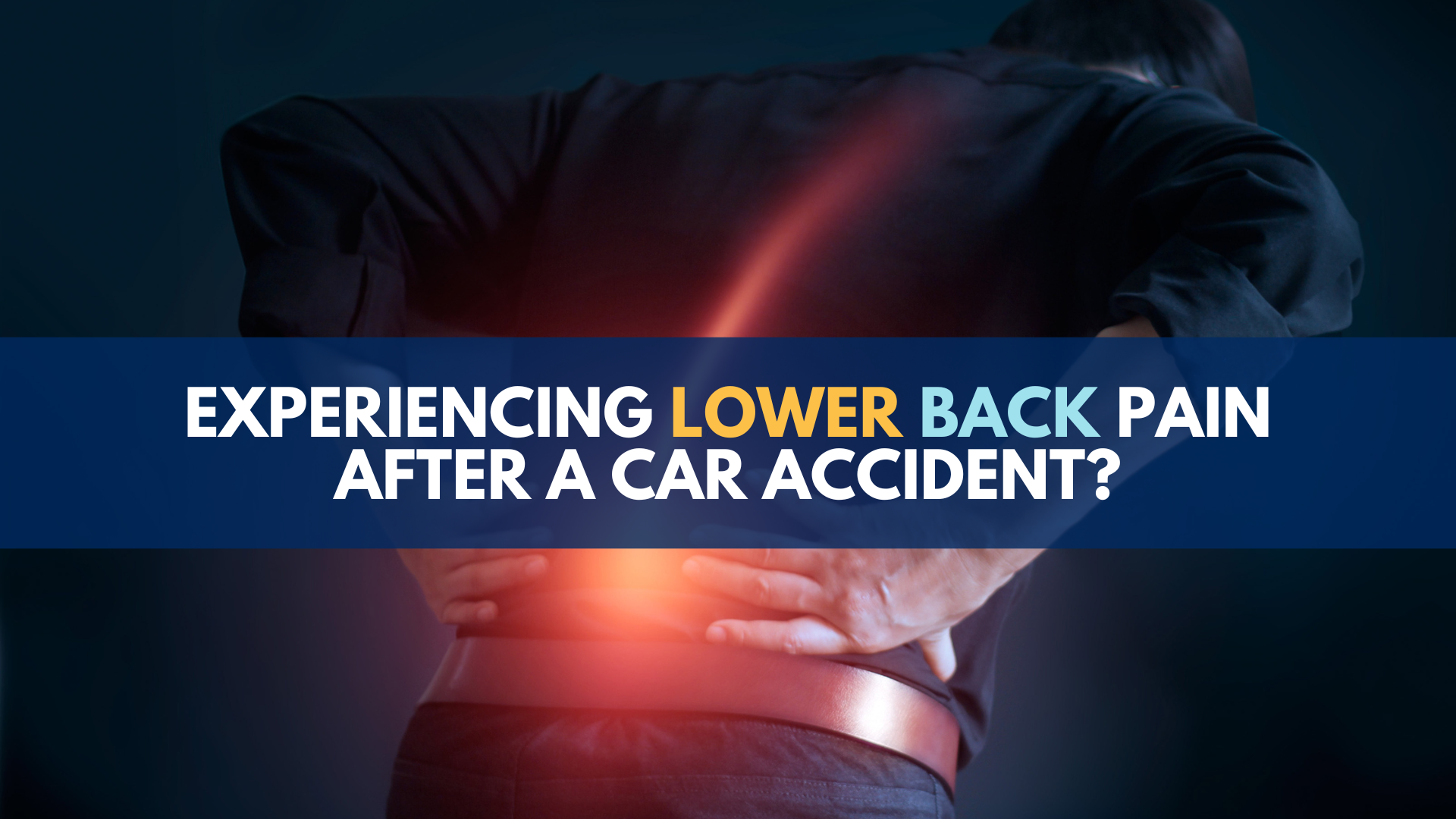As President of the American Association for Justice’s Traumatic Brain Injury Litigation Group, Steve Gursten is raising awareness of TBIs’ effect in children

As a child brain injury lawyer, I’ve seen first-hand how brain injuries in kids can go undiagnosed for months or even years.
Sometimes it is the schools. Sometimes it is a lack of education and awareness by pediatricians and family doctors about how to diagnose and treat brain injury in children, and sometimes it is because emergency rooms – as acute care facilities – do not make referrals for very clear brain injuries.
Sometimes it is even well-intentioned and loving parents who find the thought of their child having a brain injury too scary to acknowledge so they instead purposefully overlook or excuse the symptoms of brain injury as they appear.
Too often, it’s a combination of the above.
The worst part about child brain injury is that the problems and symptoms can linger for years, or even for life.
One study from the Cincinnati Children’s Hospital Medical Center concluded:
“[R]esearch on long-term effects of TBI” – “an average of seven years after injury” – shows that “[p]atients with mild to moderate brain injuries are two times more likely to have developed attention problems, and those with severe injuries are five times more likely to develop secondary ADHD. These researchers are also finding that the family environment influences the development of these attention problems.” (Source: Cincinnati Children’s, “Studies Uncover Long-term Effects Of Traumatic Brain Injury,” February 10, 2017, news release)
Additionally, a study from neuropsychologist Keith Owen Yeats at the Ohio State University’s Center for BioBehavioral Health found (as reported by Associated Press writer Lindsey Tanner in her article, “Even mild concussions can cause lingering symptoms in children after traumatic brain injury”):
- “Children with even relatively mild concussions can have persistent attention and memory problems a year after their injuries.”
- Long-term problems such as forgetfulness, difficulty paying attention and fatigue “were more common in study children who lost consciousness or who had other mild head trauma that caused brain abnormalities on imaging tests.”
Raising awareness of these issues – as well as the similar challenges faced by adult brain injury survivors – are among my top priorities as President of the American Association for Justice’s Traumatic Brain Injury Litigation Group.
To learn more, please check out my blog post, “March is TBI Awareness month.”
The challenge for a child brain injury lawyer is how to protect the child from lingering and sometimes permanent problems
The greatest challenge for helping children with TBI as a lawyer is that many of the problems in young children are not immediately obvious. The analogy I’ve heard countless medical experts and doctors use is that a child’s brain injury can often be compared to a hole in a barrel. Until the water in that barrel rises to a certain level, the full effect of the TBI will often be hidden or not fully apparent. That’s a challenge for any lawyer to present to a jury, but it is critical when representing children because it is our job to secure a settlement or a verdict that will serve to protect them for their entire life. Neuropsychological testing, especially by doctors who have special training with pediatric brain injury is critical, as is neuroimaging.
As a child brain injury lawyer, I want to come back for a moment to what I said in the beginning of this blog about how often these injuries are overlooked. This is happening even in some of my more obvious cases. I was in West Michigan last week meeting with another attorney who was referring me one of these sad and tragic cases. In this case, the emergency room x-rays reveal three fractures in the skull of the young child who was injured in an automobile accident. There is significant facial scarring. There was a confirmed loss of consciousness at the scene and a full day of retrograde amnesia. Yet even in a case as obvious as this one, the emergency room ignored the TBI. The family doctor removed some of her stitches one week later but did not make any referrals to specialists. In the six weeks that have passed, there has been no medical attention even as the child is having obvious difficulties and symptoms that strongly indicate brain injury. The most frustrating thing about this, not as a lawyer now, but as a parent, is I know that if children receive early and aggressive medical treatment, they can often make great recoveries relative to adults for TBI, but in this case everyone is overlooking the obvious. This happens all the time. If it happens to a young girl with skull fractures, loss of consciousness, and retrograde amnesia, think about how often this is happening to children with less obvious brain injuries.
How common is this?
The Brain Injury Association of America included the following statistics on its webpage about “What To Expect” with regards to children and TBIs:
- “Brain injury is the leading cause of disability and death in children and adolescents in the U.S.” and, according to the Centers for Disease Control and Prevention, “the two age groups at greatest risk for brain injury are age 0-4 and 15-19.”
- “[E]ach year an average of 62,000 children [aged 0-19] sustain brain injuries requiring hospitalization as a result of motor vehicle crashes . . . and other causes.”
- “Among children ages 0 to 14, brain injury results in an estimated 2,685 deaths, 37,000 hospitalizations, and 435,000 emergency department visits.”
Additionally, the Sarah Jane Brain Foundation tells us (I have previously served on the Executive Board as an attorney and advisor to the Sarah Jane Brain Injury Foundation):
- “Every year over 11,000 American youth die from a brain injury.”
Finally, the Centers for Disease Control and Prevention reports on its “TBI: Get the Facts” page:
- “Among all age groups, motor vehicle crashes were the third overall leading cause of TBI-related ED visits, hospitalizations, and deaths (14%).”
- “Motor vehicle crashes were the leading cause of [TBI-related] death for persons 5-24 years of age.”
- “Motor vehicle crashes were the leading cause of [TBI-related] hospitalizations for adolescents and persons 15-44 years of age.”
Symptoms that parents should be aware of
Although it’s always critical for timely diagnosis and treatment of TBI to watch for and recognize the symptoms of a brain injury, the task is more challenging with children because they may frequently be unable to articulate the changes and problems they are experiencing. It is important for an experienced child brain injury lawyer to be aware of these symptoms and to be asking about them as part of your representation of any child.
On its “Traumatic Brain Injury (TBI)” page, the Brain Injury Association of Michigan identifies the following TBI symptoms in children:
- Appearing dazed
- Listlessness and tiring easily
- Irritability and crankiness
- Loss of balance and unsteady walking
- Crying excessively
- Change in eating or sleeping patterns
- Lack of interest in favorite toys
Additionally, as time passes after an event that a parent or adult believes may have involved trauma to a child’s head, parents and other adults should be watching for the following warning signs:
- Concentration and memory complaints
- Irritability and other personality changes
- Sensitivity to light and noise
- Sleep disturbances
- Psychological adjustment problems and depression
- Disorders of taste and smell


